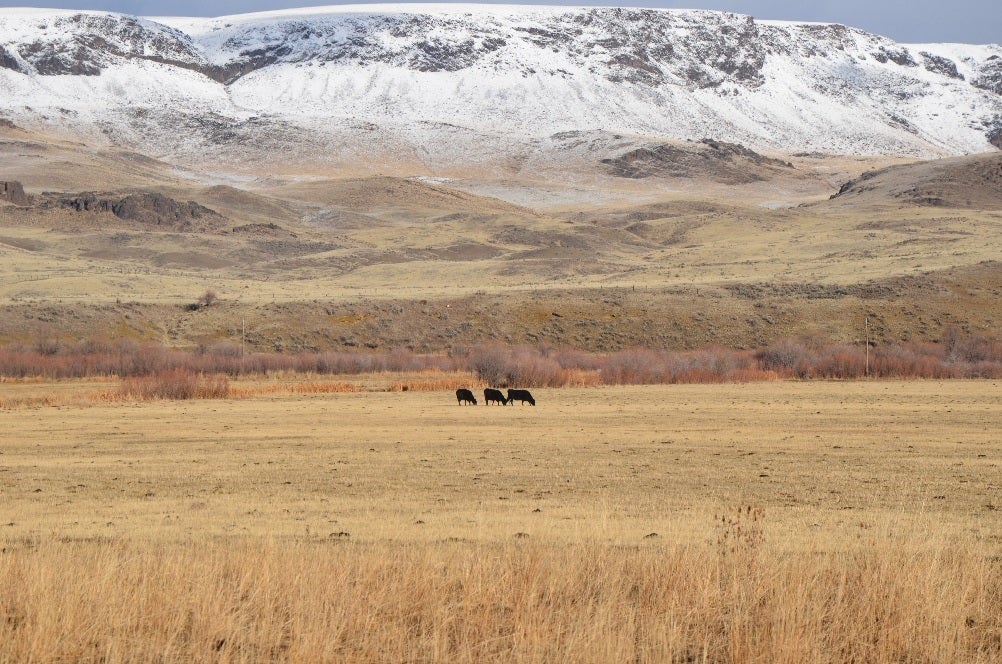
Rangelands represent almost half of the land in the West and are progressively threatened by the impacts of climate change. Ranchers must overcome environmental, financial and socio-politicalbarriers for their operations to endure. Though a number of adaptation strategies have been proposed for rangeland management, adoption is variable. We still lack an understanding of the most effective ways to facilitate adaptation in agriculture. Our research examines how ranchers’ climate beliefs and experience with climate variability impact the vulnerability of their communities, and their ability to adapt. We work closely with ranching families and other stakeholders, using interviews, surveys, behavioral experiments, and participatory vulnerability mapping to build knowledge that helps promote the long-term health of our ranching communities, and the landscape they help support.
Investigators
- Lauren Hunt, Boise State University – Ecology, Evolution, and Behavior
- Vicken Hillis, Boise State University – Human-Environment Systems
- Bray Beltran, Heart of the Rockies Initiative
- Morey Burnham, Idaho State University – Department of Sociology, Social Work, and Criminology
- Jodi Brandt, Boise State University – Human-Environment Systems